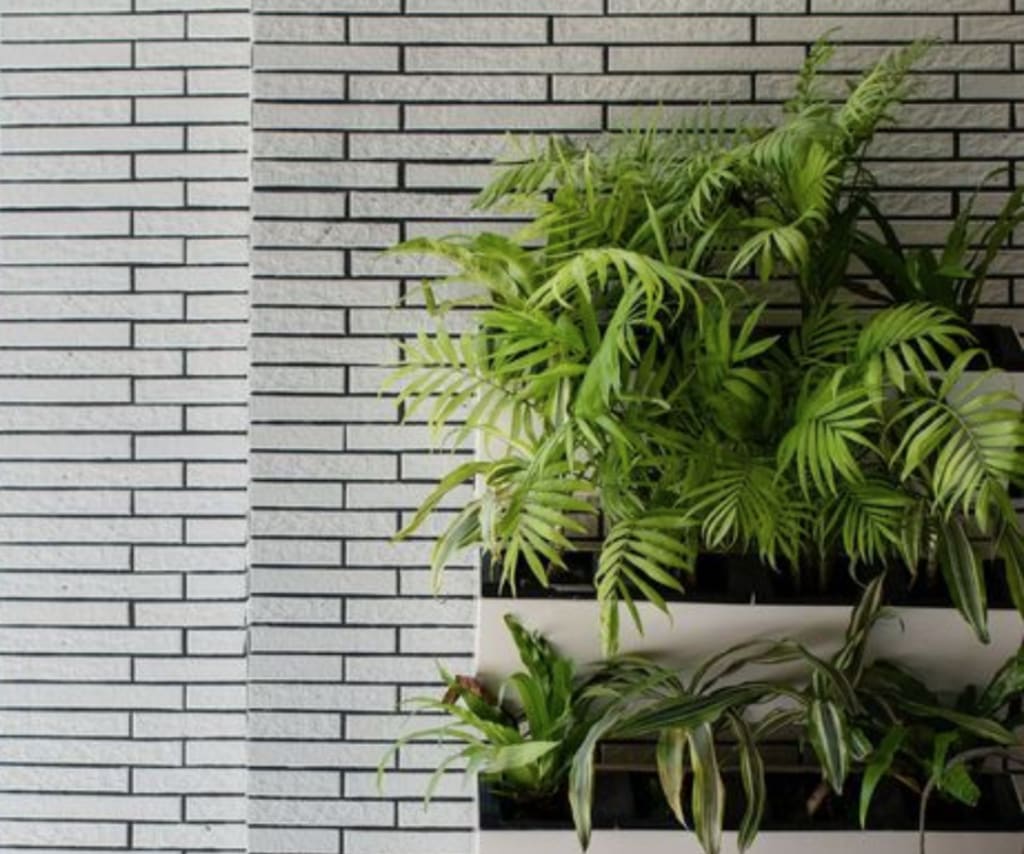Sustaining Sustainability
Simple Hacks and Easy Lifestyle Choices to add to the forever-growing lists of ways to be Sustainable

I’ve been an advocate for living with, nurturing, and cultivating this beautiful planet we inhabit for a majority if not all of my short life. Most of that is with great thanks to my parents for bringing me up in an Eco-friendly and sustainable environment that encouraged me to make life choices not only serving myself but the planet that surrounds me also.
There are vast amounts of articles, magazines & small businesses all working hard to inspire and motivate both the younger and older generations to make a change. Whilst there is such a positivity surrounding the subject, it is still important to do your research and think hard about making choices that you can sustain as a lifestyle, and not as a short-term or temporary hack to tick a box or fit with the latest trend. And don’t forget that we can make this a fun process along the way!
One great thing that this pandemic has brought to many, is the time and space to think creatively about how to fill their time in a productive but stress-free way. Horticulture and home-grown farming has taken storm and gardens are flourishing. My parents have been growing their own veggies since as long as I can remember and my dad’s artistic approach to creating an immersive space for their produce has made it great fun. Their patch is in the shape of two large leaves on one side of the lawn. Each section of the leaf is used to house a different vegetable like tomatoes, beans, courgettes, parsnips, carrots, onions, and much more. We are lucky to have a large garden but this can still be done on a smaller scale. Not only does it look beautiful, but it serves a purpose. Any extra veg gets made into jams, fermentals or spreads as well as being shared among friends, family, and neighbours, all put into old jars with zero plastic waste or packaging. None of the food is wasted either and any parts that cannot be used are added to the compost heap at the other end of the garden, which in turn is then mixed with the soil for any new veggies later in the year or on the flowers in the other beds. It brings so much joy to my parents, siblings, and friends and brings us all together. It also educates children and new generations, knowing where their food is coming from, being a part of the process from beginning to end, and feeling the sense of achievement in having helped nature to produce something delicious and home-grown. There is something to be said for growing your own food or at least as much of it as you can.
My parents also made the clever decision to invest in 18 solar panels for the front side of our roof. All year round, energy is gathered and stored from the daylight and sunshine, even on the cloudy days. Some of this energy is then used here in the house, for our electricity and hot water. My parents also have a hybrid-electric car, so that too is charged through solar energy. Anything left is then sold over to the national grid. To me, it is something so simple and makes so much sense at little expense to your earnings and at little expense to the planet; all whilst maintaining a sustainable lifestyle with little to no issues.
When I moved out of the family home and down to Devon in the South West of England, I felt very lucky to be surrounded by countryside and beautiful beaches. Nature was everywhere, the air smelt clean and fresh and it appeared that many people were attempting to cultivate the zero-waste and sustainable lifestyles. What I hadn’t accounted for, was doing this on my own tiny budget with no savings and not much time or space to start something similar to my parents. I wasn’t sure where to begin or who to ask for help, encouraging my research. I was shopping in supermarkets like Aldi because it saved me so much money and was a short walk from my house—meaning I was reducing my carbon footprint by not using the car so often! But the by-product of that was all the plastic packaging that could ‘not yet be recycled’. Back at my parents, we had had 6 different types of bins; one for the general waste, one for food and garden waste to go into our compost, one for paper, one for plastic, one for glass and one for our coffee dregs and granules. It wasn’t hard to think about as it became a habit, and it felt good every time you knew your rubbish wasn’t all going into landfills or floating through the oceans; that it could be reused and have a new purpose.
At my place in Devon, we had 2 bins and 9/10 times the rubbish would intermingle. So I added a compost heap in the garden for all our food waste and created a bottle box for all the beer bottles we had collected over the course of our outdoor gatherings. Once a month or so, we would take them to a bottle bank and have races to see who could empty their box first. It made for a good giggle. And gradually my housemates started to join in. Living with boys meant we were constantly running out of Loo roll, so I did some research and found this awesome company called Who Gives a Crap. They sell recycled large boxes of 24-48 rolls of recycled 3 ply toilet paper. No inks, dyes or scents are used and they come individually gift-wrapped in bright coloured, fun patterned recycled paper. Not only this—yes there’s more— 50% of their profits are used to help build sustainable toilets for those in need…all whilst being delivered to your door so no need to carry around a pack of toilet roll and fill up half your trolly. It feels amazing, not only for my little bottom but also that I am helping make a difference whilst completing a very mundane and poopy task!
Because of the pandemic, and of course, for your regular hygiene purposes, washing everything is also key. We had been going through A LOT of washing up liquid, sanitiser, hand soap, and then the hot weather kicked in, so body wash in showers and clothes washing increased. I felt a bit hypocritical using so many chemicals and plastic so often with no refill options that left no waste. SO I did my classic bit of research and found 2 brands that kept popping up with great reviews. The first was Ecover, which my parents used. They have refill stations everywhere, in local farm shops or whole food stores and I know their product to be good. But there wasn’t one near enough to me to justify the car trip there and my CO2 emissions. So I found Bower Collective and decided to try it out. It is amazing and I never want to go back to anything else. They sell all the above-mentioned products, from body wash and shampoo to household cleaning products, as well as the containers and bottles in glass and sustainable materials to put them in so you don’t keep having to buy new ones. All the ingredients are natural, vegan, and ethically sourced with no harsh chemicals to affect the skin or contaminate the water AND they smell amazing! They come in these plastic big packets and are delivered in bulk to your door, but what is great about Bower Collective is that they re-use everything! They send you a pre-paid postage packet with your order to return all your emptied plastic packets for them to clean and refill for the next customer or for your next order so zero-waste. And I can set up a regular order so I don’t run out, don’t even need to think about it and all within my little budget.
All of these small but significant changes that I, my family, and friends have been making, contribute to the bigger picture of a more sustainable and eco-friendly lifestyle. I made the conscious decision to give up meat and most dairy but even if you reduce the amount of meat that we eat each day or each week, it will have a positive impact on both your health and the planet. By simply: changing our regular household products to ones that are more efficient, reusing bags, reducing food waste and consumption, growing your own plants, herbs or veg, using reusable coffee cups, using less water, buying fewer clothes and actually thinking about the clothing that you buy, or the travel options with the least emissions… all make a much larger difference than we think. I have found it easy, energising and actually more cost-effective to live a lifestyle that supports my planet and I hope that you will feel able to do the same!






Comments
There are no comments for this story
Be the first to respond and start the conversation.